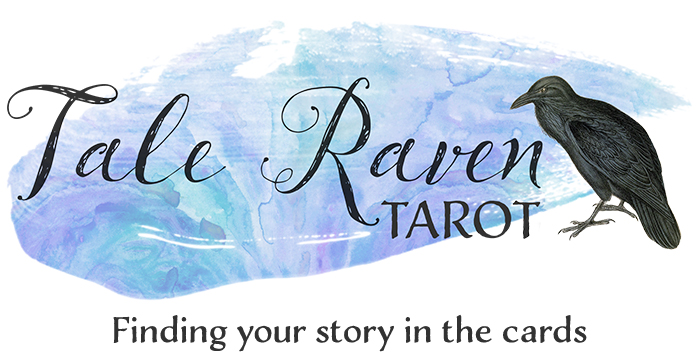Being an artist is tough. Tackling rejection, self-doubt, and a world that is often hostile to artists, but in order to succeed, we need to feed our imagination and trust our intuition. Tarot is a great way to push beyond our immediate situation, learn how to expand our creativity, and push beyond blockages.
In this series, I’m will share lessons from the Five Cards in the Tarot—the Five of Swords, the Five of Wands, the Five of Cups, and the Five of Pentacles—and tell you the specifics of how I moved beyond setbacks in my writing career.
I spent ten years writing my second poetry collection (published under my legal name). The past several months, I've been on a national book tour promoting the book, and all that time traveling alone gave me ample opportunity to reflect on the process.
Success is not easy, especially not creative success, and everyone must define success for themselves.
I've been thinking a lot lately about the lessons I learned from the 5 cards in tarot, and how each of these lessons popped up along my creative journey.
Call Me by My Other Name is a novel in verse, based on the lives of two people assigned female at birth who lived as husband and wife in the rural Midwest in the late 19th century. It's a queer narrative and a trans narrative told in three voices, Gertrude, the feminine partner, Frank/Anna the masculine partner, and a meta-poetic third narrator who ties the past to the present. It's about marriage and relationships and gender and queer desire and love. Written over the course of ten years, a lot happened in regards to LGBT rights in that time, and yet discrimination remains.
The Five of Swords
The Five of Swords is a battlefield with no winners.
Time and again, people gave me advice about how to revise my book, but I dug in my heels and refused to change parts that meant a lot to me, though they didn't, ultimately, serve the overall narrative. My stubbornness led to years of setbacks with the manuscript, unable to see a way forward, and moving in circles through draft after draft, clinging to a section of the book that, ultimately didn't belong. At last I removed this section entirely, and put it into the manuscript that became my first book. Divorced from its original context, where it did not belong, this section was able to stand alone and be appreciated for what it was, not as a way to prop up a different story.
When you've invested a lot of time in something, it's hard to let it go, but sometimes you have to delete huge swathes of your work, admit that the poems you love don't fit with this project, and the book won't be as good as it could be if you don't take the writing advice we all here time and again: kill your darlings. Sometimes you have to cut your favorite poem, kill off your favorite character, switch to a new POV. Ask yourself why you are holding on to something when you know, deep down, that it needs to be cut, or radically revised.
Don't let your pride get in the way of your progress.
If you want to see how the tarot can help you move past blocks in your own creative process, book a tarot reading with me.
Stay tuned for Part 2 in the series, exploring what the 5 of Wands can teach us about breaking through creative blocks.
Deck used: Rider Waite Smith, published by U.S. Games Systems.


